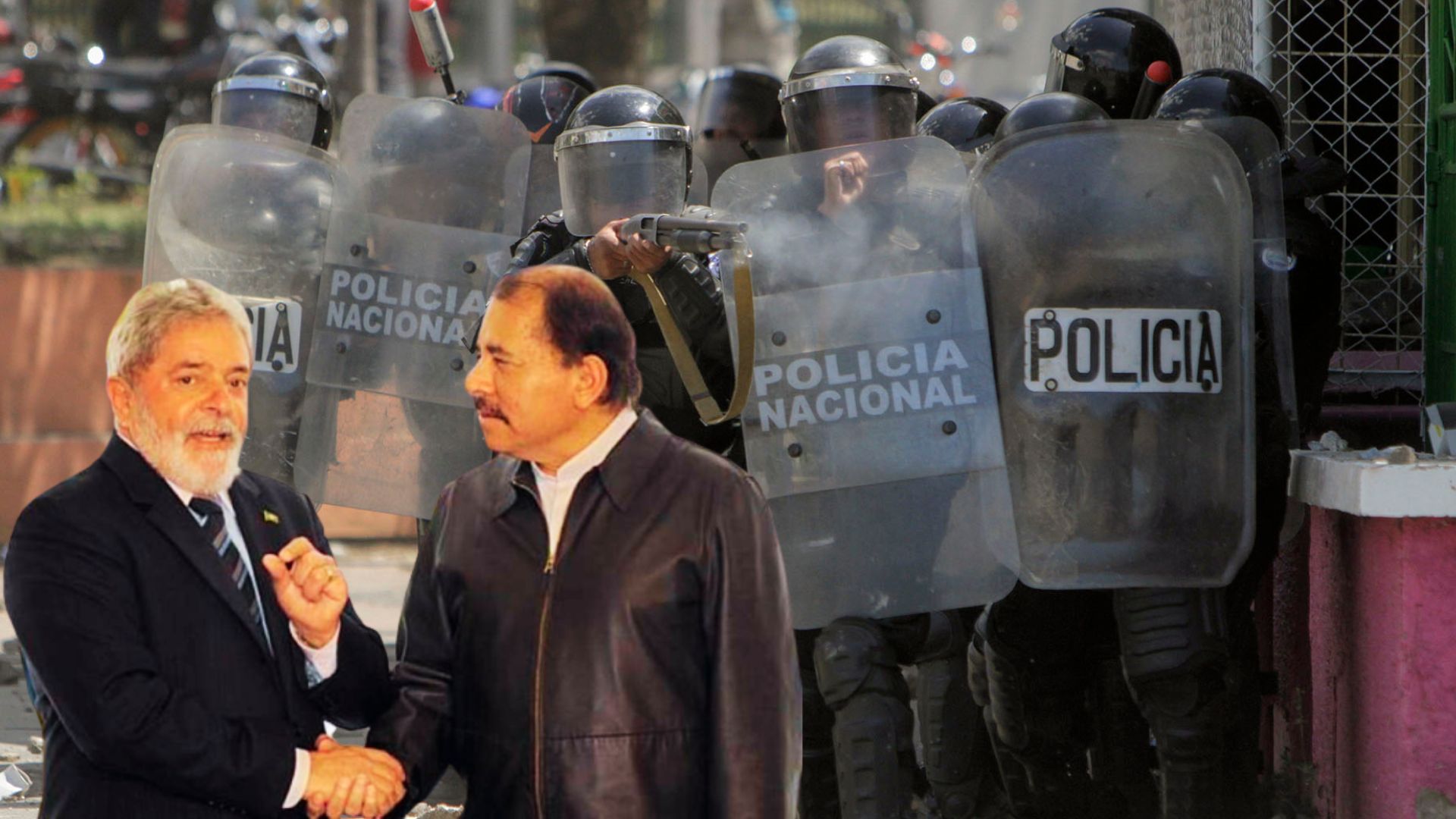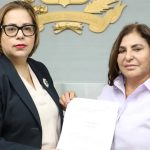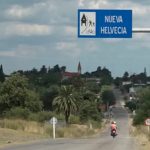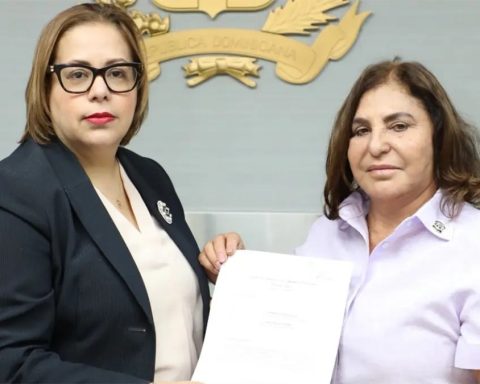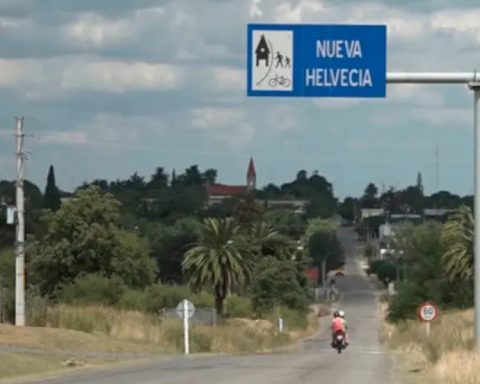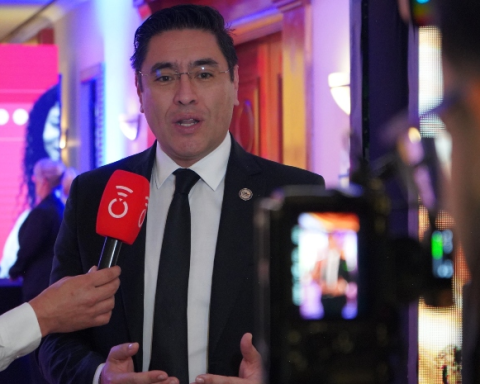For the civic activist Donald Muñoz, the modifications promoted by Brazil to weaken the resolution of the Organization of American States, OAS, against the Daniel Ortega regime have no foundation. «They recommend strengthening a democracy that does not exist»said.
In an interview with independent media that cover the fifty-third regular session of the OAS General Assembly in Washington, Muñoz, who heads the organization Civic Association for Democracy, pointed out that civil and human rights organizations have contributed compelling evidence of the annihilation of the dictatorship of Daniel Ortega to the democratic inter-American system.
«This is why we are here, to denounce it, to prove through dialogue, through meetings with actors from OAS member countries, that there is no democracy in Nicaragua, that what exists is a dictatorship.»he pointed.
Related news: Almagro softens Brazil’s proposal at the OAS: “It is a contribution” to solving the crisis in Nicaragua
He added that the organizations of civil society in exile and the few that remain in the country hope that the nations that make up the hemispheric organization send the Ortega regime a forceful response that demands the return of the country to true democracy and respect. of human rights. He said that at least ten civil advocacy organizations and human rights defenders are in Washington to maintain the complaints and demand answers from the international community.
«Close financial faucets and avoid money to repress»
Muñoz called the Nicaraguans «not to be discouraged»Despite the idea that the resolutions do not solve the Nicaraguan problem, moreover, on this occasion, the regime can get rid of a «forceful resolution» after Brazil, as an ally of the dictatorship, intends to influence the positions of other countries to weaken it when the issue is addressed at the OAS.
«There are other countries that we know are going to maintain the position because the reality is there, all the abuses, the violations of human rights, the assault on civil rights and the lack of democracy, have been documented.»he added.
Related news: Almagro violated “ethical obligations” of the OAS due to his relationship with a subordinate, according to a report
He stressed that the main incidence will be to obtain actions against the regime. He mentioned, for example, the sanctions, which although the regime tries to hide them and says that they do not affect it, does cause them harm. «We believe that this line must be pressed, because to the extent that they are achieved, it will be more difficult for the regime to access funds to maintain the repression.»held.
«We must work to close more of what is already there, the financial faucet. If the regime can’t afford to repress its citizens, it won’t be able to. You have to aim for actions and that’s what we are going to do, to press so that those actions come from here»he added.
abundant evidence
Finally, he said that there is plenty of evidence of the abuses that the regime implements in Nicaragua. «There are the political prisoners who have given their testimony, there are the thousands of Nicaraguans who have had to leave the country to go into exile, the survivors of the massacres have given their testimony, everything is documented there»he pointed.
He added that one of the organizations that make up the civil society bloc that is in the fifty-third regular session of the OAS General Assembly has documented the massacres of Nicaraguans, peasants, and indigenous Nicaraguans, perpetrated by policemen, settlers and people from the Ortega Army.
He pointed out that this is shared among the delegations that attend so that there is no doubt that Ortega leads a cruel dictatorship that has killed and that uses the weapons of the Police, the Army and paramilitaries to stay in power.
The Organization of American States, OAS, celebrates this week the fifty-third regular session of its General Assembly at its headquarters in Washington. Twenty-seven delegations from its member countries have confirmed their attendance at the meeting. The Nicaraguan regime, led by Daniel Ortega, did not attend, but remained part of the hemispheric body until November of this year.
The last time that the Daniel Ortega regime attended a General Assembly was in 2020, when it rejected the inclusion of the crisis that the country has been experiencing for the past five years, on the agency’s agenda. Since then, the organization and its member countries have called on the regime to prosecute Nicaragua to democracy.
By: United Voices.
